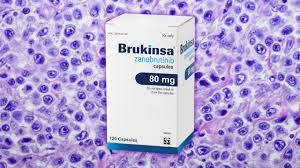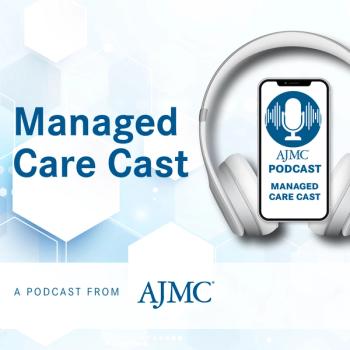
Conference Coverage
Latest Content

Exploring Identity, Appearance Experiences Among Patients With Alopecia

5 Things to Know About the Oral GLP-1 Era

Even After 6 Years, Disease Progression Impacts Survival in Mantle Cell Lymphoma

Potential Predictor of Treatment Response in Chronic Spontaneous Urticaria Identified

Real-World Evidence Backs Acalabrutinib in CLL Care

Shorts










Podcasts
Center on Health Equity & Access
Continuing Medical Education
All News

In a pair of lively debates at the International Stroke Conference 2026, experts from around the world discussed controversies in stroke care.

OCEANIC-STROKE shows asundexian cuts recurrent ischemic stroke risk across noncardioembolic subtypes without increasing major bleeding risk.

Because evidence gaps in idiopathic pulmonary fibrosis research hinder demonstration of antifibrotic therapies’ impact on patient quality of life (QOL), integrating validated health-related QOL measures into trials is urgently needed.

Coverage of our peer-reviewed research and news reporting in the health care and mainstream press.

Experts at ISC 2026 highlighted growing evidence that GLP-1 receptor agonists may reduce stroke risk and support brain health through anti-inflammatory, vascular, and neuroprotective mechanisms.

First announced in September 2025, the online platform is set to offer access to prescription medications at steep discounts, with potential savings in the millions.

Across 39 patients in 2 cohorts, rapid microbe reduction, high wound closure, restored warmth and sensation, and avoided amputations were observed.

OCEANIC-STROKE shows asundexian cuts ischemic stroke recurrence by 26% in patients taking standard antiplatelet therapy, with no major bleeding increase.

Cencora’s fast-tracked acquisition of OneOncology could boost community cancer care access and bring advanced therapies closer to patients.

A deep-learning serial CT response score outperformed conventional imaging measures in predicting OS for patients with advanced NSCLC treated with ICIs.


























